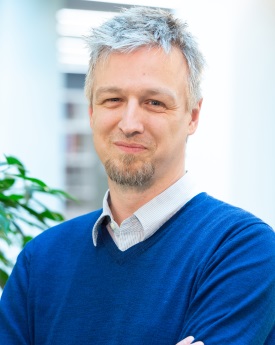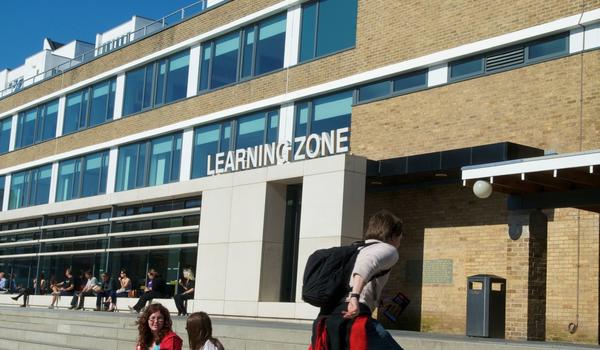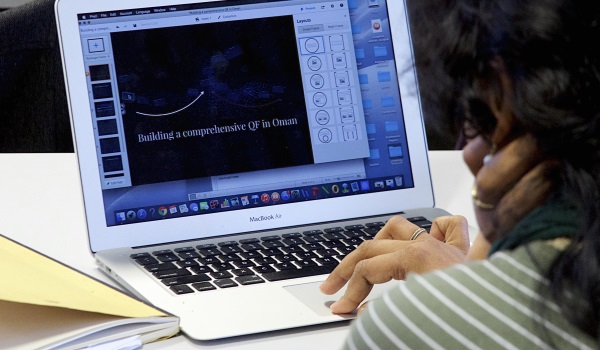How to apply
Please apply using the My Applications online system.
The next start date is 1st October 2025.
The cohort size is typically 30 or fewer.
The initial closing date for applications is 31st July 2025. Any applications received after this date will be considered on a first-come-first-served basis until the cohort is full.
Apply online
Please apply using the My Applications online system.
As this is a PhD by coursework and thesis we do not require a research proposal at this stage we do require a personal statement and writing sample (see next tab for further information).
Please contact the admissions team if you have any questions about applying to study at Lancaster University.
What to include
Personal statement
Because this is a doctoral programme, we do not require a research proposal from applicants. However, the personal statement should contain the following:-
- A statement of where you are currently employed, and in what capacity (this must be a higher education institution)
- A statement of reasons for applying for this programme in particular;
- Any evidence of achieving goals and meeting deadlines in a comparable area in the past;
- Any evidence to indicate successful engagement in collaborative tasks (as this is an aspect of the programme's approach);
- Any evidence of the ability to think and write analytically.
Applicants should normally have at least three years experience of in teaching, research or administration in a university, further education college, or comparable institution.
Writing sample
As part of your application we ask you to upload a piece of writing, in English, that you have produced in the past and that best demonstrates the following characteristics:
- The ability to respond in a focused way to a specific question, remit or task;
- The ability to express ideas in an accessible way;
- The ability to structure a document in a clear and logical manner.
The document must have been produced by you alone. It may be something academic (perhaps for a prior qualification such as a Master's dissertation) or a policy document, a guidance document or some other form (perhaps produced in your professional role) which demonstrates the three characteristics above. If the document is accessible online you may also provide us with a link to it.
Entry requirements
For admission to this PhD applicants should normally have:
- a good honours degree from a British university or CNAA, and a good Master's degree; or
- qualifications of a comparable standard from a university or recognised degree awarding body in another country.
Applicants must be employed (in any capacity) in a higher education institution, or in an organisation directly and mainly associated with higher education.
Preference will be given to applicants who have degrees in cognate areas (normally social science/humanities). In judging applications, special attention is given to previous performance in qualifications or projects that have involved doing research and writing it up in a timely and effective fashion.
Close attention is paid to the comments made by referees. Asking someone who can comment on your capacity for independent research and study as well as your ability to complete tasks to a deadline is extremely helpful. Having an academic referee is therefore very important.
The aim of the admissions process is to build a well-functioning cohort of people who, like you, are able to benefit from and thrive in a strong academic environment. You will be able to apply your experience, intelligence and previous learning to the task of getting to grips with research into higher education, producing a strong draft of a publishable article in the area within 6 months of starting the programme.
Applicants should note that the workload on any PhD can at times be challenging, particularly when combined with a full- or part-time professional role. This programme aims to integrate your research studies with your professional role, thus helping to mitigate this challenge to some extent. The words "research, evaluation and enhancement" in the title of the programme capture this professional/research integration. We provide a focussed programme aimed at producing publishable research very quickly within a highly structured framework of resources and optional activities. While some deadlines for producing drafts of assignments for formative feedback, and some assignments themselves, are flexible, there is no flexibility in the end-of-module summative assessment. This is because the programme is sequential: one module must be successfully completed before commencement of the next. The course is organised this way to ensure students stay on track to complete all modules within the necessary timeframe.
Language proficiency
Applicants will need to have acceptable fluency in written and spoken English.
For students whose first language is not English, an English Language Test Certificate will be required, that is, IELTS Academic with an overall score of 6.5 with at least 6.0 for reading and writing.
Further information can be found at: English Language Requirements.








